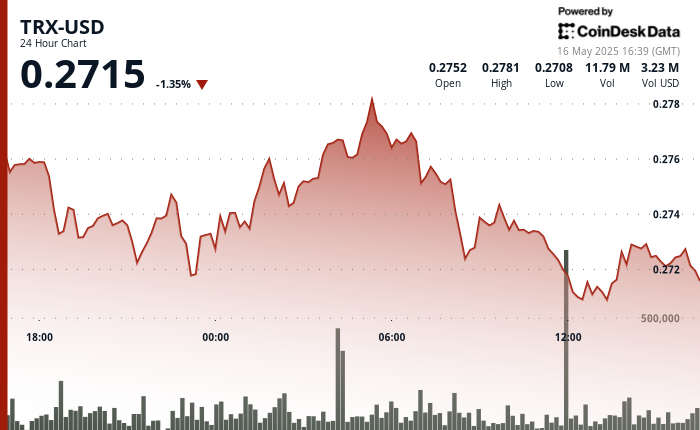Judge Rules Against Most of DCG’s Motion to Dismiss NYAG’s Civil Securities Fraud Suit


Judge Rules Against Most of DCG’s Motion to Dismiss NYAG’s Civil Securities Fraud Suit
The judge agreed to toss out two of the claims against DCG, its CEO Barry Silbert and Michael Moro, the former CEO of Genesis Global Capital, on the grounds that they were duplicative.
- A New York judge has allowed most of the civil securities fraud case against Digital Currency Group and its executives to proceed to trial.
- Attorney General Letitia James alleges that DCG and others misled investors about Genesis' $1 billion loss linked to the collapse of Three Arrows Capital.
A judge has recently made a ruling in the civil securities fraud lawsuit brought by the New York Attorney General Letitia James against Digital Currency Group (DCG) and two of its top executives. The judge decided to allow most of the case to move forward to trial, denying DCG's motion to dismiss major parts of the lawsuit.
The Attorney General alleges that DCG, along with its CEO Barry Silbert and former Genesis Global Capital CEO Michael Moro, deceived investors regarding Genesis' $1 billion loss related to the downfall of Three Arrows Capital.

Despite settlements between the OAG and Gemini and Genesis, DCG, Silbert, and Moro have been resisting vigorously. They sought to have the case dismissed last spring, arguing that they were not offering securities and should not be subject to New York State securities laws.
In a recent court decision, Judge Crane disagreed with their position. She found that the OAG had presented sufficient evidence that the Gemini Earn program, which collapsed in November 2022 and is central to the case, could be classified as a security at this stage of proceedings.

Although most claims in the lawsuit were upheld by Judge Crane, she did dismiss two claims against DCG, Moro, and Silbert on grounds of being duplicative. Despite this setback for DCG in court, they have expressed their intention to keep fighting against these charges.



